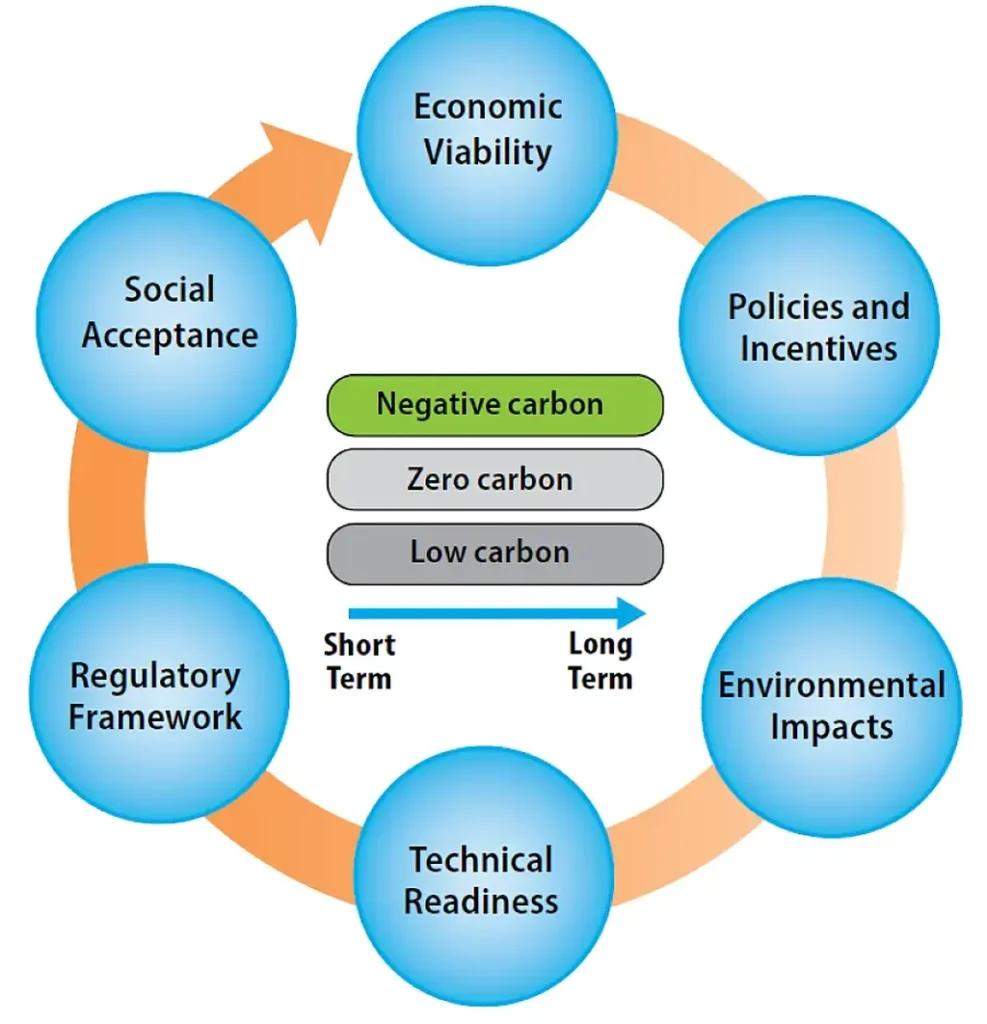In a groundbreaking study published in the journal *Engineering Proceedings*, researchers have shed light on how climate change could significantly impact the efficiency and economic viability of geothermal power plants. The study, led by Paolo Blecich from the Faculty of Engineering at the University of Rijeka, Croatia, focuses on the thermoeconomic performance of binary-cycle geothermal power plants using isobutane as a working fluid. The findings suggest that rising temperatures could lead to notable reductions in annual electricity generation and increases in the levelized cost of electricity (LCOE), posing challenges for the geothermal energy sector.
Geothermal power plants, which harness heat from the Earth to generate electricity, are influenced by a multitude of factors, including site-specific conditions, economic variables, and technological choices. However, the role of ambient conditions, particularly temperature, has often been overlooked. Blecich and his team aimed to fill this gap by analyzing the performance of a binary-cycle geothermal power plant under different climate change scenarios.
The study utilized data from the most recent Climate Model Intercomparison Project (CMIP6) to project long-term temperature variations in ambient air. Two shared socioeconomic pathways (SSPs) were considered: the intermediate SSP2-4.5 scenario and the extreme SSP5-8.5 scenario, spanning from 2021 to 2100. The researchers compared various climate models against observed temperature data, evaluating their predictive power using the root mean square error (RMSE) and the Kullback–Leibler (KL) criteria.
The results are sobering. Under current conditions, with an average ambient air temperature of 12°C, the geothermal power plant achieves a net power output of 10 MW and an LCOE of 79.2 USD/MWh. However, under the intermediate scenario, the annual electricity generation (AEG) could decrease by 0.5% to 2.9%, while the LCOE could increase by 0.4% to 1.8%. In the extreme scenario, the AEG could drop by 2.0% to 8.7%, and the LCOE could rise by 1.3% to 5.6%.
“This study highlights the critical need for the geothermal industry to adapt to changing climate conditions,” said Blecich. “The economic implications are significant, and understanding these impacts can help stakeholders make informed decisions about future investments and technological advancements.”
The findings have profound implications for the energy sector. Geothermal power plants are often seen as a reliable and sustainable source of renewable energy. However, the study suggests that climate change could erode some of these advantages, making it more challenging to achieve cost-effective and efficient power generation.
As Blecich noted, “The geothermal industry must consider these projections in their long-term planning. Investments in technology and infrastructure that can mitigate the impacts of rising temperatures will be crucial for maintaining the competitiveness of geothermal energy.”
The research published in *Engineering Proceedings* serves as a wake-up call for the energy sector, emphasizing the need for proactive measures to address the challenges posed by climate change. By understanding and preparing for these impacts, the geothermal industry can continue to play a vital role in the transition to a more sustainable energy future.

